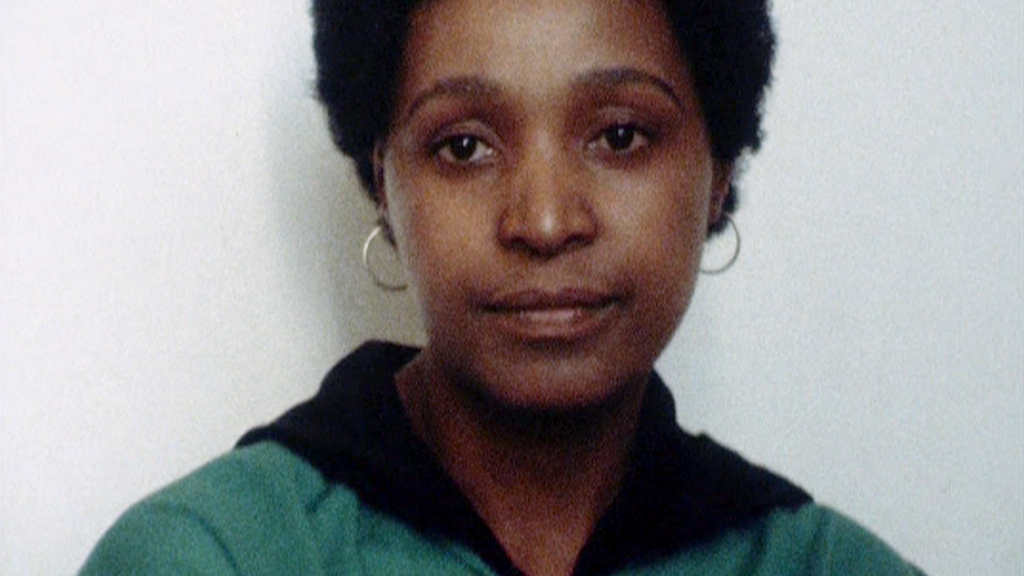Pascale Lamche is an award-winning filmmaker who has made feature documentaries and series both as a writer-producer and writer-director for key broadcasters internationally. Her films have premiered at many international film festivals and include “Stalingrad,” “Black Diamond,” “Pakistan Zindabad,” “French Beauty,” “Accused #1: Nelson Mandela,” and “Sophiatown.”
“Winnie” will premiere at the 2017 Sundance Film Festival on January 22.
W&H: Describe the film for us in your own words.
PL: It’s a political thriller about an iconic political figure who happens to be a woman and the wife of arguably the most famous man on earth: Nelson Mandela.
She struggles to liberate her country from the oppressive scourge of white supremacy only to be taken down by the combined forces of secretive enemies and an all-powerful patriarchy.
W&H: What drew you to this story?
PL: My love for the people of Soweto, the women in particular, who are so brave and resilient. Listening to them, I knew Winnie Mandela could not be their heroine — the woman they admired and politically endorsed — without reason.
As I tried to square that love on the ground with the portraits I found in journalistic biographies and BBC “investigative” documentaries — which so over-determined a “Western” view of her — I became more and more fascinated by the wide chasm between the two.
Something was amiss. A story needed telling, and I’d go into the dark side to find it.
W&H: What do you want people to think about when they are leaving the theater?
PL: Dirty tricks surround us. Don’t believe what you’re fed. Think deeply about how power is constructed, mediated, and maintained, and what humanity can do to make life better for all.
W&H: What was your biggest challenge in making the film?
PL: Privately: My grief at the loss of two beloved and central collaborators on the film. They died during the making of the film — one at the start, the other at the end of the two-year process — violently, and in all likelihood as a direct consequence of that most inhuman of systems: a national reliance on private health care.
Story-wise: Getting close to Winnie. Gaining her trust over time. Peeling away the constructed narratives that we all embroider around ourselves.
Technically: Securing the archive.
W&H: How did you get your film funded? Share some insights into how you got the film made.
PL: After rounds of pitching at documentary film festivals like IDFA and the UK’s Sheffield Doc Fest, we persuaded a broadcaster based in Strasbourg to have faith in the controversial project.
[Eventually,] the snowball took shape and began a slow roll across the media funding landscape of Europe, attracting the most thoughtful and those willing to take a risk, and repelling those who don’t like political hot potatoes.
W&H: What does it mean for you to have your film play at Sundance?
PL: Vindication.
W&H: What’s the best and worst advice you’ve received?
PL: Best advice: You’re an artist; trust your instincts!
Worst advice: Filmmakers must fit into well-defined niches and genres early and stick to it, as broadcasters and distributors need to know how to peg and package you.
W&H: What advice do you have for other female directors?
PL: If it’s worth giving your whole life to for a while, go for it!
Also, find a producer who is willing to go the extra mile with you on every step of the process.
W&H: Name your favorite woman-directed film and why.
PL: There are so many! Films by Lynne Ramsay, Valerie Faris, Clio Barnard, Miranda July, Barbara Loden, Debra Granik, Andrea Arnold.
Eleanor Coppola’s “Hearts of Darkness: A Filmmaker’s Apocalypse,” for its powerful structure poised between intimate diary and big-picture analysis. Agnes Varda’s “The Gleaners and I,” for the delicate way she brings together social critique with a personal visual meditation on the great themes of life.
And my favorite of all, Ann Guedes’ “So That You Can Live.” This film is about Shirley, a matriarch in a coal-mining family facing the life-altering processes of the withdrawal of capital investment in whole regions and the end of community. Filmed over five years, it traces the personal story from mother to daughter and across the scars left on the landscape, with poetry and politics all in the right filmic place.
W&H: Have you seen opportunities for women filmmakers increase over the last year due to the increased attention paid to the issue? If someone asked you what you thought needed to be done to get women more opportunities to direct, what would be your answer?
PL: I think the increased attention paid to women directors is the result of the struggle each has invested in the realization of their films. It’s just become impossible to ignore, like all ideas whose time came decades ago.
More opportunities to direct? Every institutional/organizational initiative being taken now x 1000! That’s needed. And training at the side of practicing filmmakers.
I also have faith in the cumulative power of good work!







